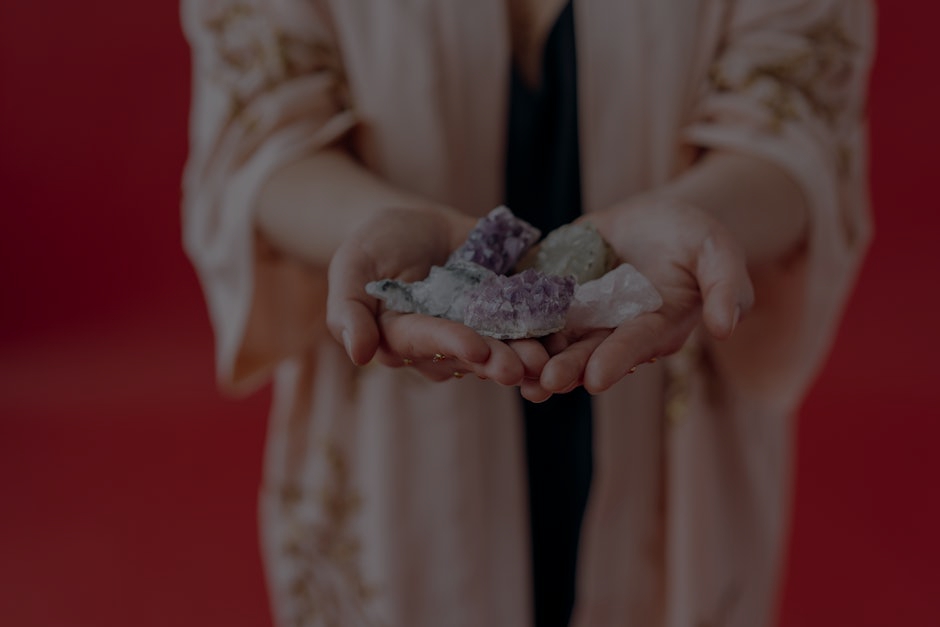**Abstract:** Discover how to harmonize your outdoor space using Feng Shui elements. This guide offers practical tips to create a serene garden that promotes balance and tranquility.
Understanding Feng Shui Principles for Your Garden
Feng Shui, an ancient Chinese practice, emphasizes the flow of energy (or “chi”) in our environments. When applied to gardening, it focuses on creating spaces that foster peace and harmony. The key to a successful Feng Shui garden lies in understanding the five essential elements: wood, fire, earth, metal, and water. Each element contributes to the overall energy of the garden, influencing how we feel and interact with our surroundings. By thoughtfully incorporating these elements, you can create a sanctuary that resonates with tranquility and balance.
Creating Balance with the Five Elements
To achieve harmony in your garden, consider how each of the five elements can be represented. Start with wood, symbolizing growth and vitality. Incorporate trees, shrubs, and plants that thrive in your climate. Fire can be represented by vibrant flowers or a fire pit, adding warmth and energy. The earth element brings stability; use stones, soil, and earth tones to ground your space. Metal, associated with clarity and precision, can be introduced through garden sculptures or metal planters. Lastly, water, which symbolizes flow and prosperity, can be integrated with a pond, fountain, or even a simple birdbath. The careful balance of these elements fosters a serene environment that invites relaxation.
Positioning for Positive Energy Flow
The arrangement of plants and structures is crucial for promoting positive energy flow in your garden. Follow the Bagua map, a Feng Shui tool that outlines energy zones. Identify areas in your garden that correspond to different life aspects, such as wealth, health, and relationships. For example, placing a water feature in the wealth area can enhance financial prosperity. Ensure pathways are curved rather than straight, allowing energy to flow smoothly. Avoid sharp corners and obstacles that may disrupt the flow of chi. By positioning elements thoughtfully, you create a nurturing environment that supports your well-being.
Choosing Colors Wisely
Color plays a significant role in Feng Shui, influencing mood and energy. Each color corresponds to specific elements and emotions. For instance, greens and browns resonate with the wood element, promoting growth and vitality. Reds and oranges, representing fire, evoke passion and enthusiasm. Earth tones like beige and terracotta provide stability and grounding. Incorporate a balanced palette to enhance the overall energy of your garden. For a calming effect, consider soft blues and whites, which reflect the water element and promote tranquility. By choosing colors mindfully, you can create a visually appealing space that resonates with positive energy.
Incorporating Natural Textures and Shapes
The textures and shapes of plants and materials in your garden contribute to its overall energy. Opt for a mix of soft, rounded shapes, which encourage relaxation, and sharp, angular shapes that promote vitality. Use a variety of textures, from smooth pebbles to rough bark, to create visual interest and stimulate the senses. Incorporating natural materials like wood, stone, and clay enhances the organic feel of your garden, fostering a connection with nature. When selecting plants, consider their growth habits and how they interact with one another, ensuring a harmonious blend that supports the garden’s energy flow.
Maintaining Your Feng Shui Garden
A harmonious garden requires regular maintenance to sustain its energy. Keep pathways clear and plants healthy, trimming overgrowth and removing debris. Regularly check water features to ensure they flow freely, as stagnant water can disrupt positive energy. Engage with your garden by spending time in it, meditating, or practicing mindfulness. This connection not only enhances your experience but also reinforces the garden’s energy. By nurturing your space, you maintain the balance and tranquility that Feng Shui embodies, allowing your garden to flourish as a sanctuary of peace.
Incorporating Feng Shui elements into your garden is not just about aesthetics; it’s about creating a space that nurtures your mind, body, and spirit. By understanding the principles of Feng Shui, you can cultivate a harmonious garden that enriches your life and promotes well-being. Whether you’re a seasoned gardener or just starting, these insights will help you transform your outdoor space into a sanctuary of balance and tranquility.



